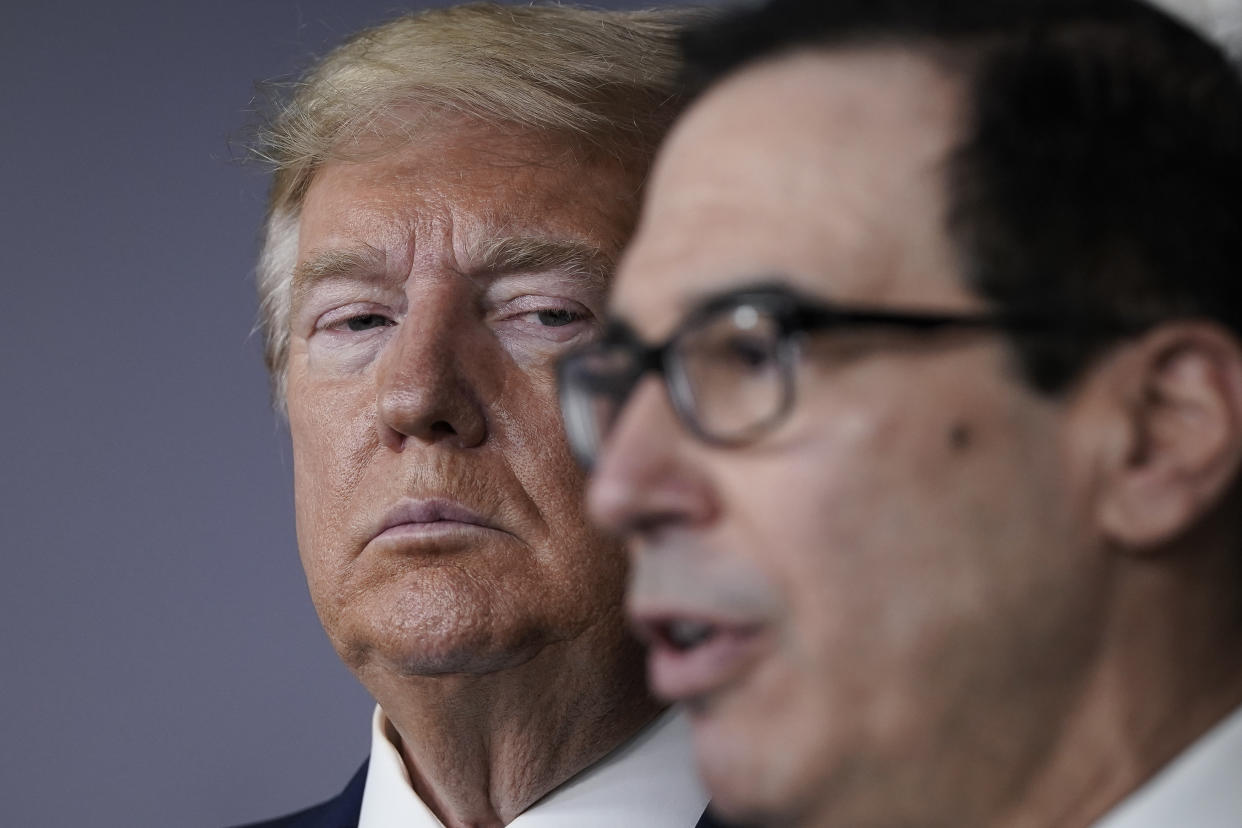Global coronavirus spending overtakes financial crisis response

The spending on fighting coronavirus and its economic fallout has now surpassed spending during global financial crisis by at least one measure.
UBS (UBS) said in a note on Thursday 19 March that governments and central banks globally have to date committed 1.97% of global GDP to fighting coronavirus.
The spending, which amounts to $1.8tn (£1.5tn), has now overtaken the biggest year of spending during the financial crisis when measured as a percentage of world GDP. Annual spending to tackle that crisis peaked at 1.66% of GDP in 2009, or $867bn.
The analysis comes as the European Central Bank (ECB) overnight announced a new €750bn programme aimed at supporting Europe’s economy through the pandemic. This figure was included in UBS’s calculations, which were made using the ‘purchasing power parity’ concept and do not include spending that is not new money.
The bulk of coronavirus spending has come from China and the US. The US has said it will spend $1.2tn tackling coronavirus and its economic effects, largely driven by plans to send cheques out to every single US citizen. UBS economist Arend Kapteyn, who compiled the report, said that the $1.2tn figure was not included in full due to cyclical adjustments.
Read more: Bank of England considers printing money for households
While the 1.97% total committed already is huge, the figure may rise. UBS’s tracker showed stimulus stood at just 0.98% of global GDP as recently as Monday, highlighting the rapid speed at which spending new programmes are being announced.
UBS said it expects the Bank of England to follow the ECB and announce a new asset purchase programme next week.
About 60% of central banks around the world have cut interest rates since 20 January, UBS said, forming part of the crisis response.
UBS’s figure doesn’t include off balance sheet measures, such as credit guarantees. Credit guarantees have formed a major part of many nation’s response to the economic shock of Covid-19. The UK this week announced £330bn of credit guarantees, equivalent to 15% of GDP.

